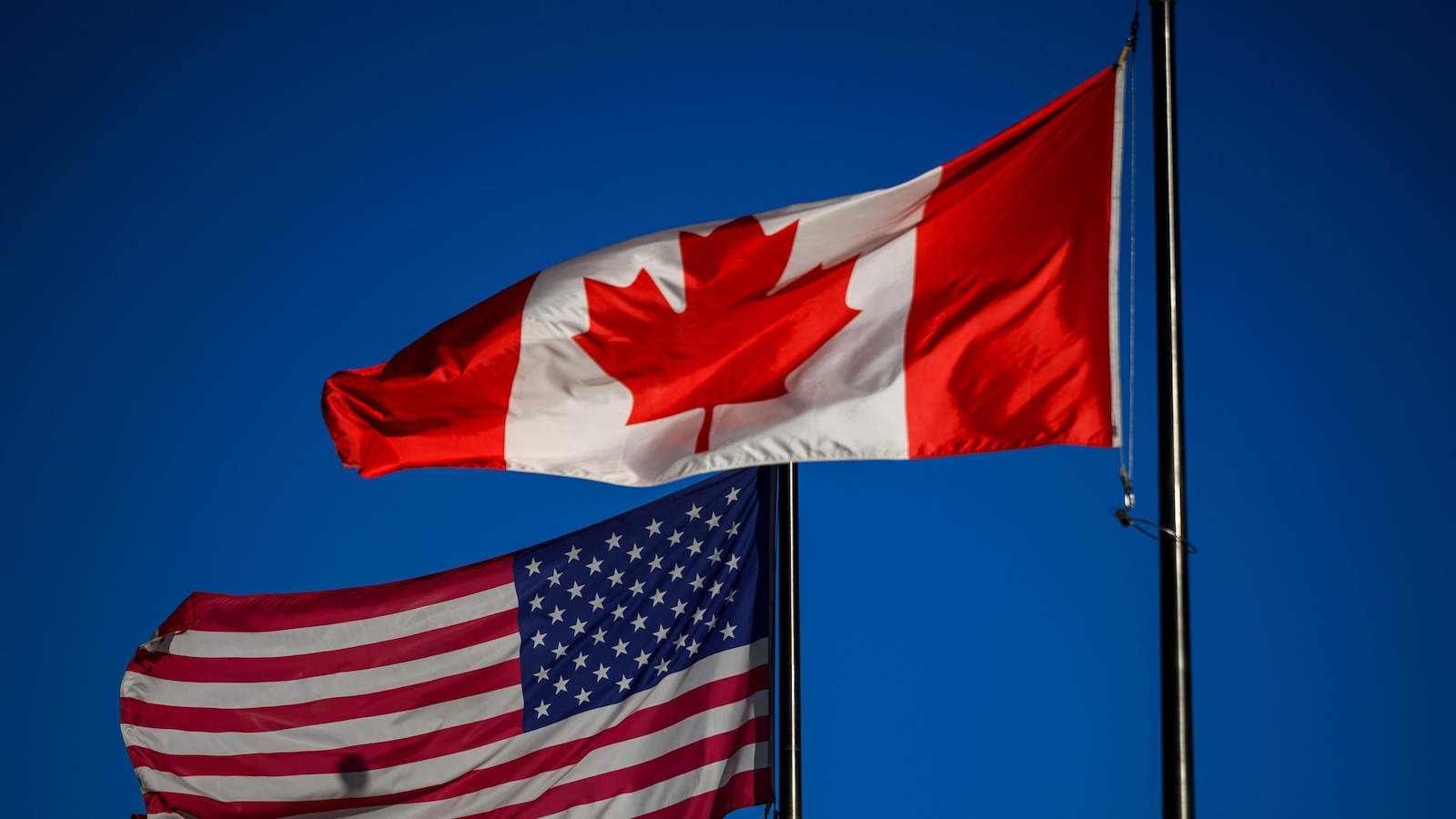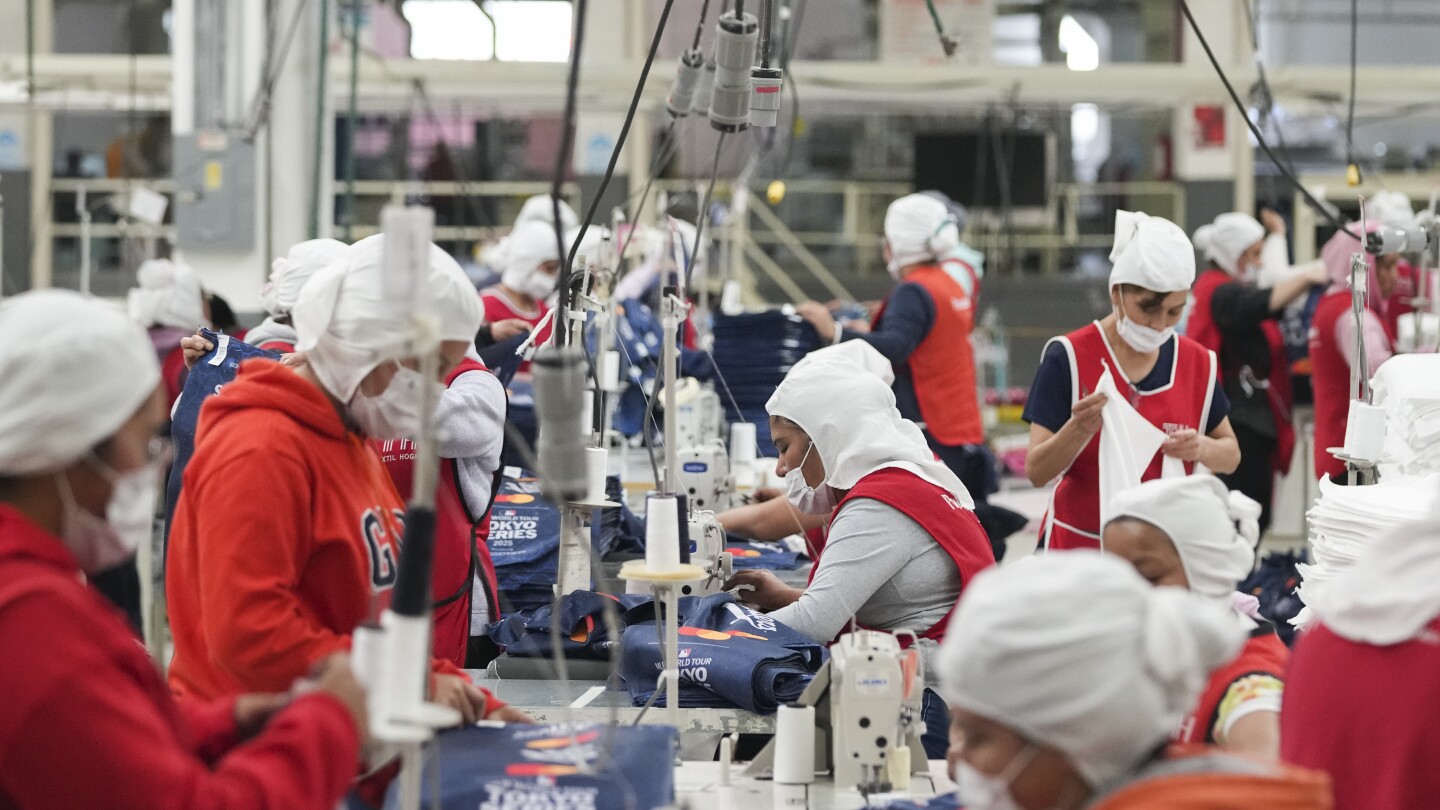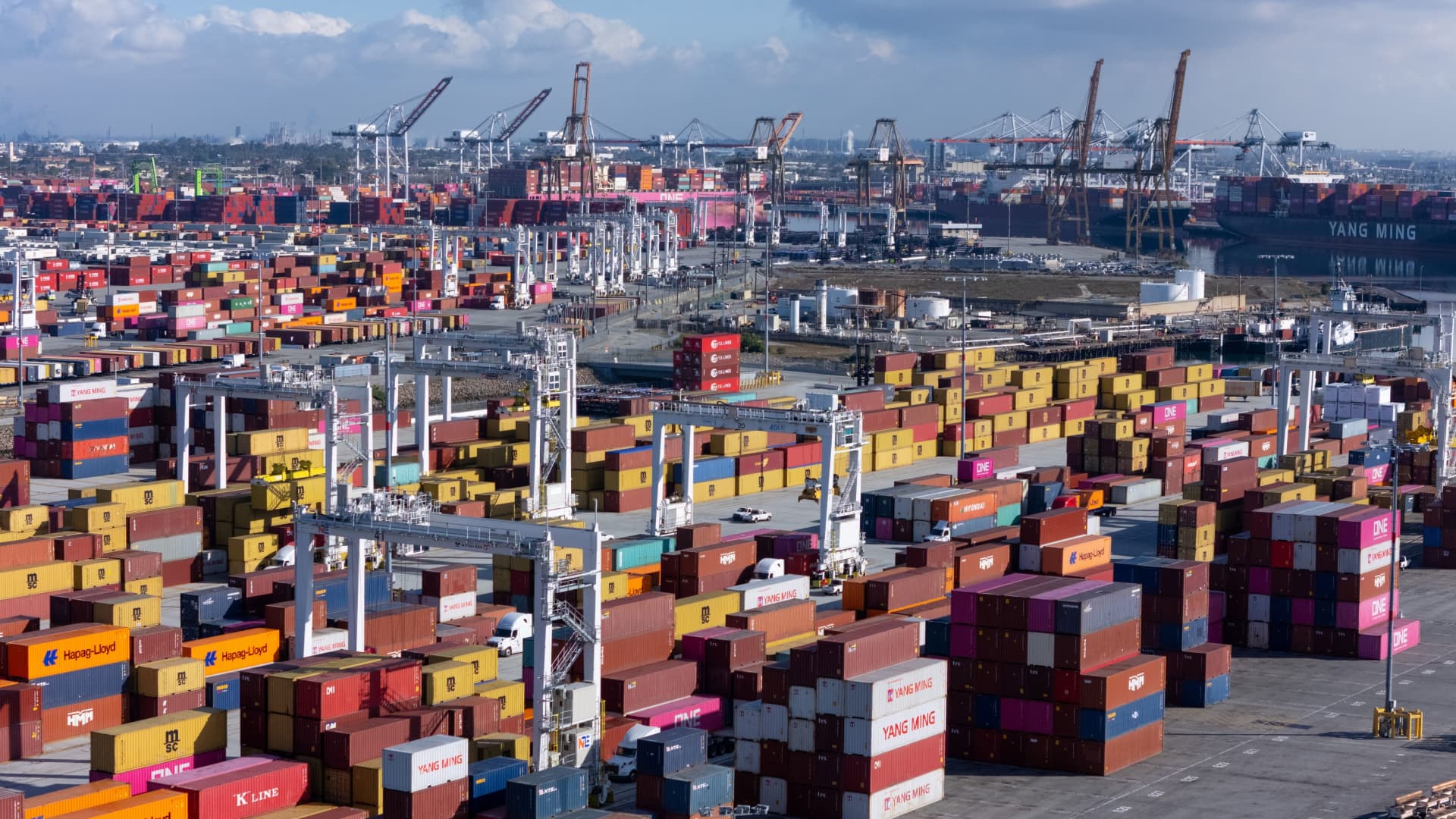Trump Warns of Economic Consequences as New Tariffs Spark Trade War
In a recent statement that has sent ripples through the economic landscape, former President Donald Trump cautioned that American consumers might face financial strain due to the newly implemented tariffs. As tensions escalate in the ongoing trade dispute, many are left wondering how these measures will affect the economy and everyday life. Trump’s warning serves as a stark reminder of the intricate relationship between trade policies and their direct impact on the average American household.
The Context of the Tariffs
The new tariffs, which target a range of goods imported from key trading partners, are part of a broader strategy aimed at protecting American industries. However, the implications of such tariffs can be far-reaching and complex. While the intention behind imposing tariffs is often to bolster domestic production and reduce reliance on foreign goods, the reality is that these measures can lead to increased prices for consumers.
Trump’s administration had previously engaged in similar trade tactics, with mixed results. Historically, tariffs have been used to combat unfair trade practices, but they often trigger retaliatory measures from other nations. This tit-for-tat dynamic can escalate into a full-blown trade war, which can have detrimental effects on global supply chains and market stability.
Potential Economic Consequences
As Trump warns of potential economic consequences, it is essential to understand what these may entail for the average American. Here are some key areas where the impact of tariffs may be felt:
- Increased Consumer Prices: Tariffs typically lead to higher costs for imported goods. Retailers, facing increased import costs, often pass these expenses onto consumers. Everyday items, from electronics to groceries, could see price hikes.
- Impact on Small Businesses: Small businesses that rely on imported materials may struggle with rising costs, potentially leading to reduced profit margins or even layoffs.
- Job Market Fluctuations: While tariffs may protect certain domestic industries, they can harm others. For example, industries that depend on imported goods may face job cuts, while those protected by tariffs might not hire as aggressively, leading to an overall net loss in employment opportunities.
- Global Trade Dynamics: A trade war can lead to a decrease in international trade volumes, as countries impose tariffs on one another. This decreased trade can hamper economic growth globally, affecting American exports and businesses that depend on foreign markets.
Consumer Sentiment and Market Reactions
Consumer sentiment plays a crucial role in the economy, and any indication of impending financial strain can lead to reduced spending. If consumers anticipate higher prices due to tariffs, they may adjust their purchasing behavior, which can further slow economic growth. Retailers and manufacturers are already expressing concerns about how these tariffs will affect their operations and pricing strategies.
Market reactions to the announcement of new tariffs are often volatile. Stock markets may experience fluctuations as investors react to the potential for decreased corporate earnings and economic slowdown. Companies that are heavily reliant on imports or exports may see their stock prices decline as uncertainty looms.
Broader Implications of the Trade War
As the trade war escalates, the implications extend beyond immediate economic concerns. Here are some broader aspects that merit attention:
- Political Landscape: The trade war can influence political dynamics, as constituents react to rising prices and job losses. Politicians may face pressure to address these issues, leading to shifts in policy and party allegiance.
- Innovation and Competitiveness: Tariffs can stifle innovation. When domestic industries are protected, there may be less incentive to innovate or improve efficiency, leading to stagnation.
- Global Relationships: The imposition of tariffs can strain diplomatic relationships. Countries affected by tariffs may retaliate with their measures, potentially leading to a decline in cooperative international trade agreements.
Looking Ahead: Strategies for Consumers and Businesses
Given the potential for economic strain due to new tariffs, both consumers and businesses must adopt strategies to mitigate the impact:
- For Consumers:
- Stay informed about pricing trends and be proactive in seeking alternatives when prices rise.
- Consider purchasing from local businesses that may not be directly affected by tariffs.
- For Businesses:
- Diversify supply chains to reduce reliance on imported goods that may be subject to tariffs.
- Explore innovative solutions that can help offset increased costs and maintain competitive pricing.
Conclusion: A Cautious Path Forward
As Trump warns of economic consequences stemming from new tariffs, it is crucial for both consumers and businesses to remain vigilant and adaptable. The unfolding trade war poses significant challenges that require collective action and strategic planning. While the objectives of protecting domestic industries are valid, the implementation of tariffs must be carefully weighed against the potential for financial strain on American consumers and the broader economic landscape.
In these uncertain times, fostering dialogue between policymakers, businesses, and consumers can pave the path toward a more balanced approach to trade that considers the needs of all stakeholders. By remaining aware of the implications of tariffs and taking proactive measures, we can work together to navigate the complexities of the economy and strive for a prosperous future.
See more CCTV News Daily



